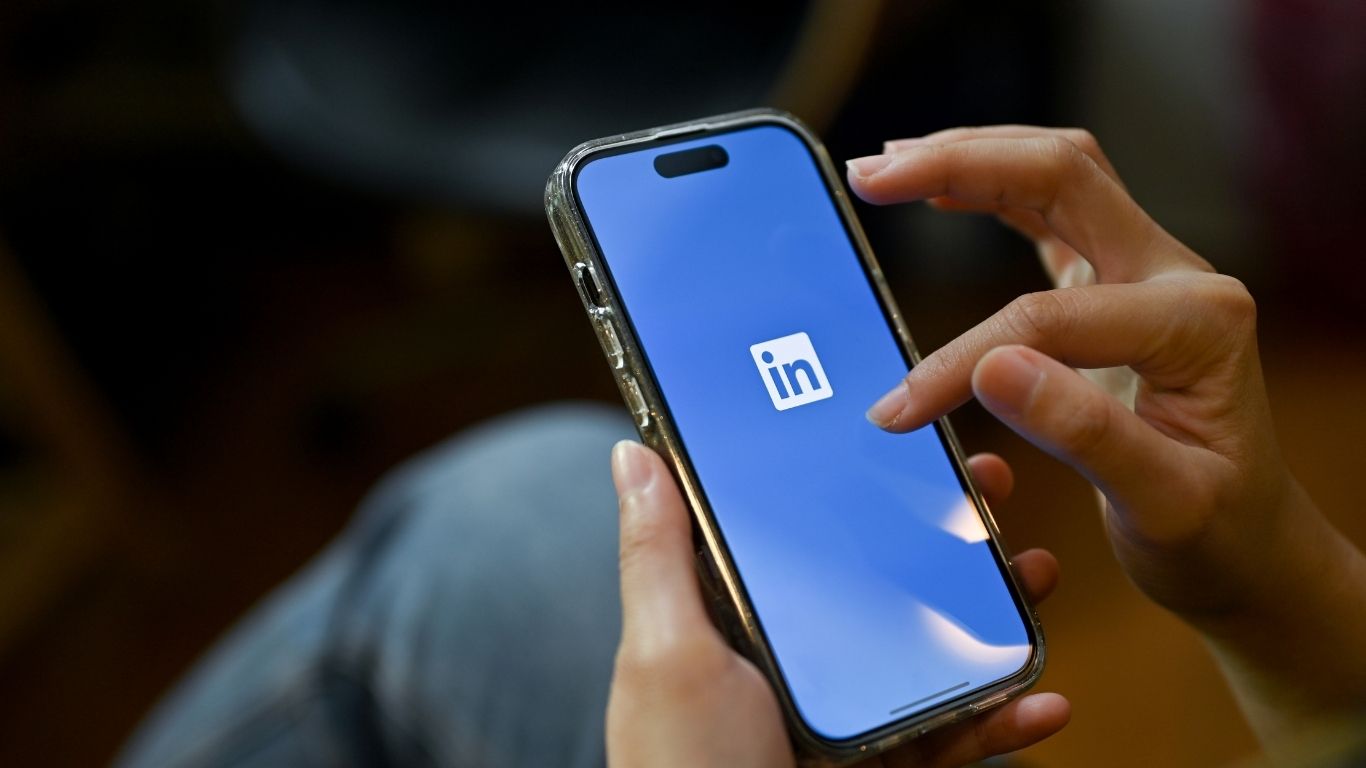LinkedIn, the social networking and recruitment powerhouse under Microsoft’s ownership, has celebrated its 21st birthday, a significant milestone in the fast-evolving tech realm. In a bid to maintain its competitive edge in the ever-dynamic modern workplace and keep its nearly 1 billion users actively engaged, LinkedIn is rolling out a range of innovative AI-driven features across its job search, marketing, and sales offerings. These groundbreaking additions include a substantial upgrade to its Recruiter talent sourcing platform, now bolstered with integrated AI assistance, the introduction of an AI-powered LinkedIn Learning coach, and the unveiling of a new AI-driven marketing campaign tool.
LinkedIn, which reported a substantial $15 billion in revenue the previous year, has been steadily incorporating AI-based elements into its product suite. In March, it introduced AI-driven writing suggestions for user messages on the platform, and throughout this year, recruiters have been privy to tests involving AI-generated job descriptions and other capabilities. These latest announcements represent a logical progression from these earlier AI-focused endeavors.
LinkedIn has a history of employing AI, often working its magic behind the scenes. Users have likely experienced the platform’s knack for suggesting connections that align seamlessly with their professional interests and goals—an unmistakable manifestation of AI at work. Additionally, LinkedIn’s data-driven insights on user behavior and trends owe their existence to AI.
What’s changed recently is AI’s growing prominence in mainstream consciousness, partly fueled by OpenAI’s advancements and services like ChatGPT, empowering individuals to harness computer-based intelligence for tasks that might have previously seemed daunting.
Another noteworthy shift is LinkedIn’s increasing reliance on external AI expertise. While the company previously developed much of its AI technology for backend operations, it is now looking outside its own confines. As a subsidiary of Microsoft, LinkedIn is leveraging AI technology from both Microsoft and OpenAI to power its latest features.
Microsoft’s strategic investment of $13 billion in OpenAI, resulting in a 49% ownership stake, has made OpenAI a pivotal partner for Microsoft. The infusion of OpenAI’s technology into various Microsoft products has been strategic and transformative. While LinkedIn remains open to evaluating its tech choices and the potential for in-house AI developments, it currently benefits from the extensive resources provided by its parent company and its strategic investment in OpenAI.
Here’s a concise overview of the new developments:
- Recruiter 2024: This revamped recruitment experience incorporates generative AI to assist recruiters in crafting more effective search queries, resulting in more pertinent candidate suggestions. It empowers recruiters to use conversational language in their searches and delivers results that surpass their initial expectations.
- LinkedIn Learning: The platform is introducing an AI-powered “learning coach” in the form of a chatbot. Initially focused on soft skills, it offers guidance and recommendations to users. Given LinkedIn’s vast library of learning materials, there’s potential for the coach to expand its coverage to encompass technical skills and job-specific knowledge.
- Marketing with Accelerate: LinkedIn is introducing Accelerate, an AI-driven product aimed at streamlining marketing campaigns on the platform. However, it’s important to note that Accelerate is limited to campaigns and data within LinkedIn’s ecosystem, potentially constraining its effectiveness for marketers running cross-platform campaigns.
- Inside Sales and B2B: LinkedIn is applying AI to assist sales professionals operating in the B2B sector, facilitating the discovery of potential connections and the initiation of conversations with leads. This addition addresses a gap in LinkedIn’s offerings and aligns with the broader industry trend of AI-powered sales solutions.



